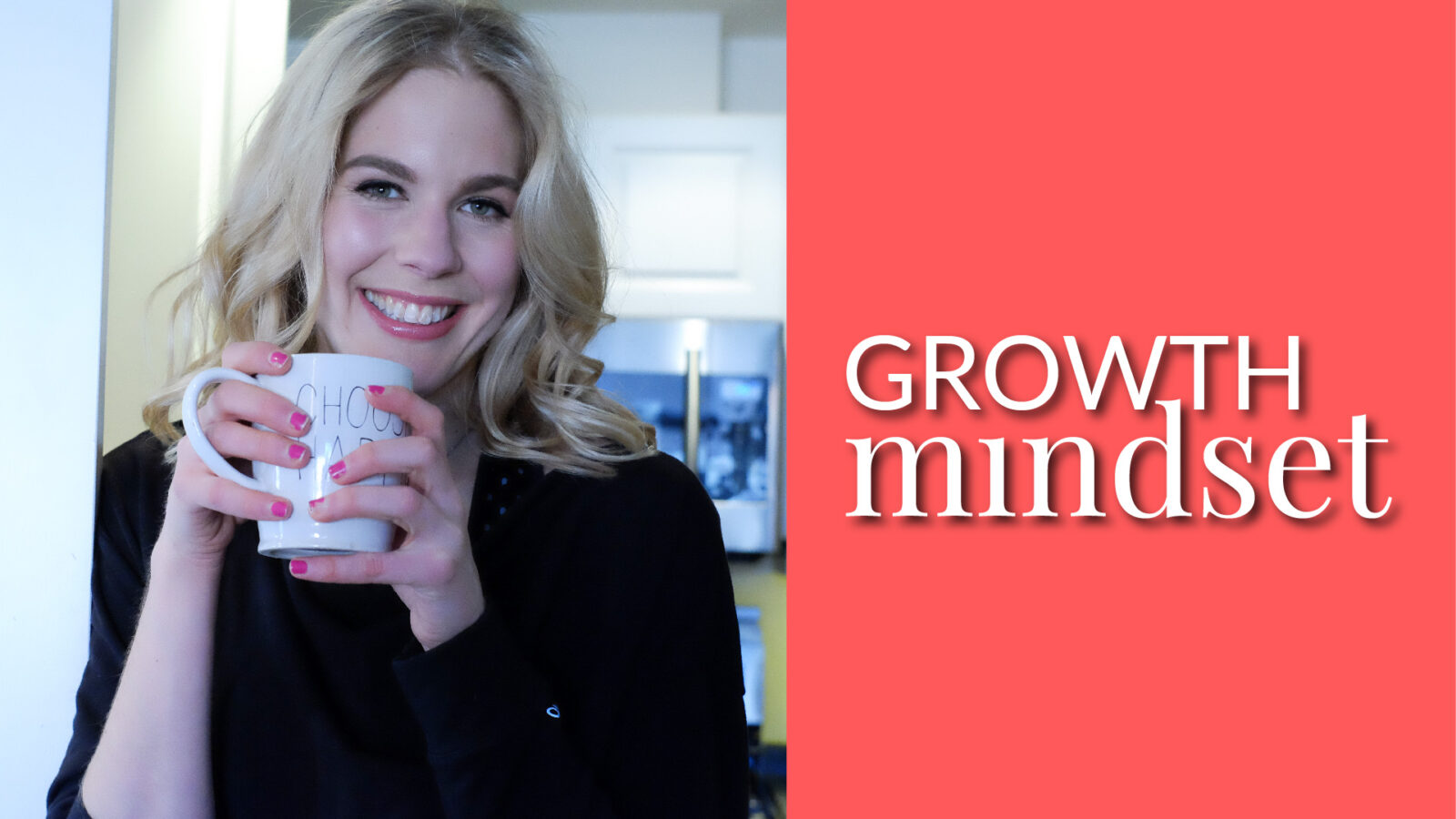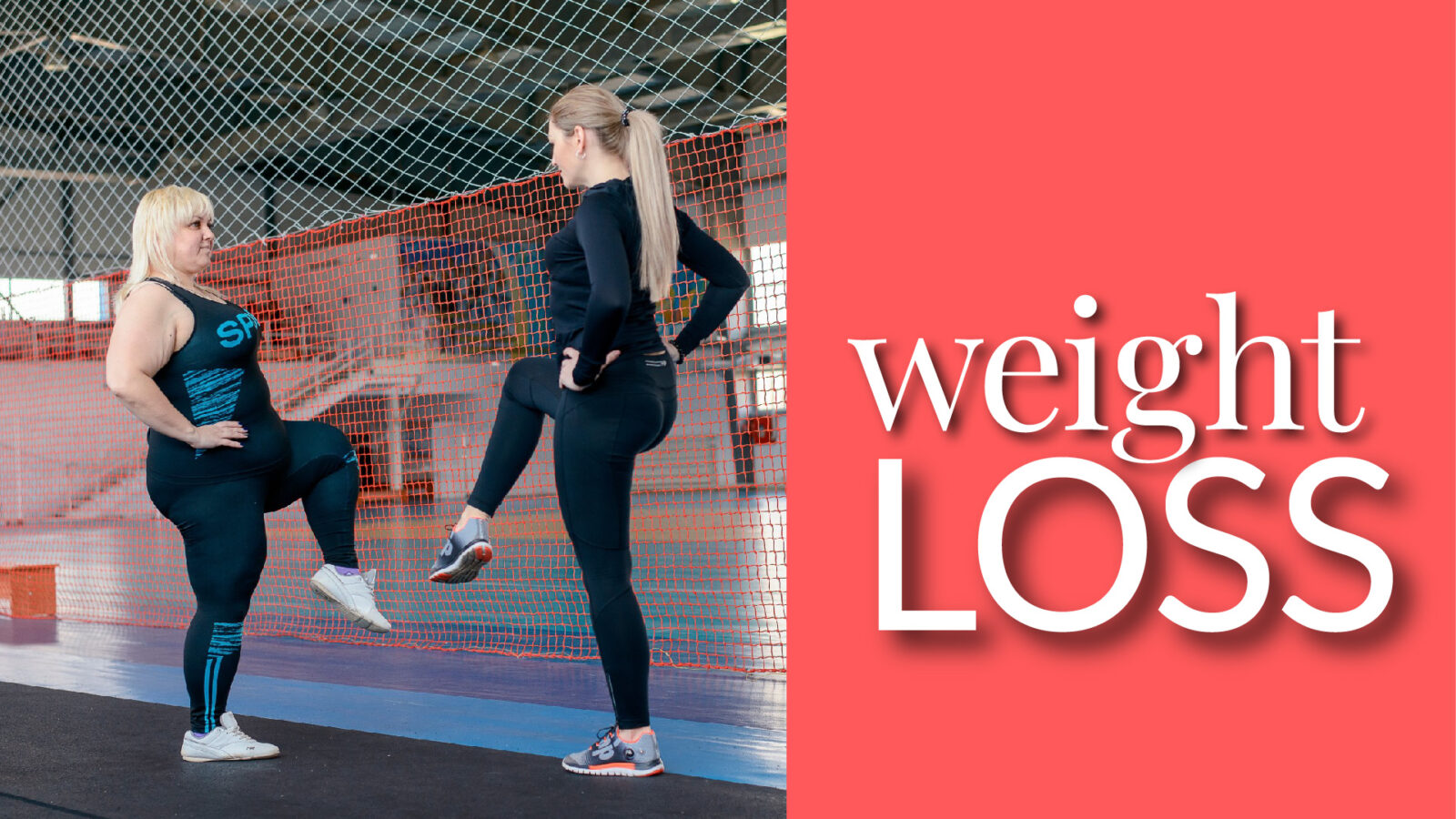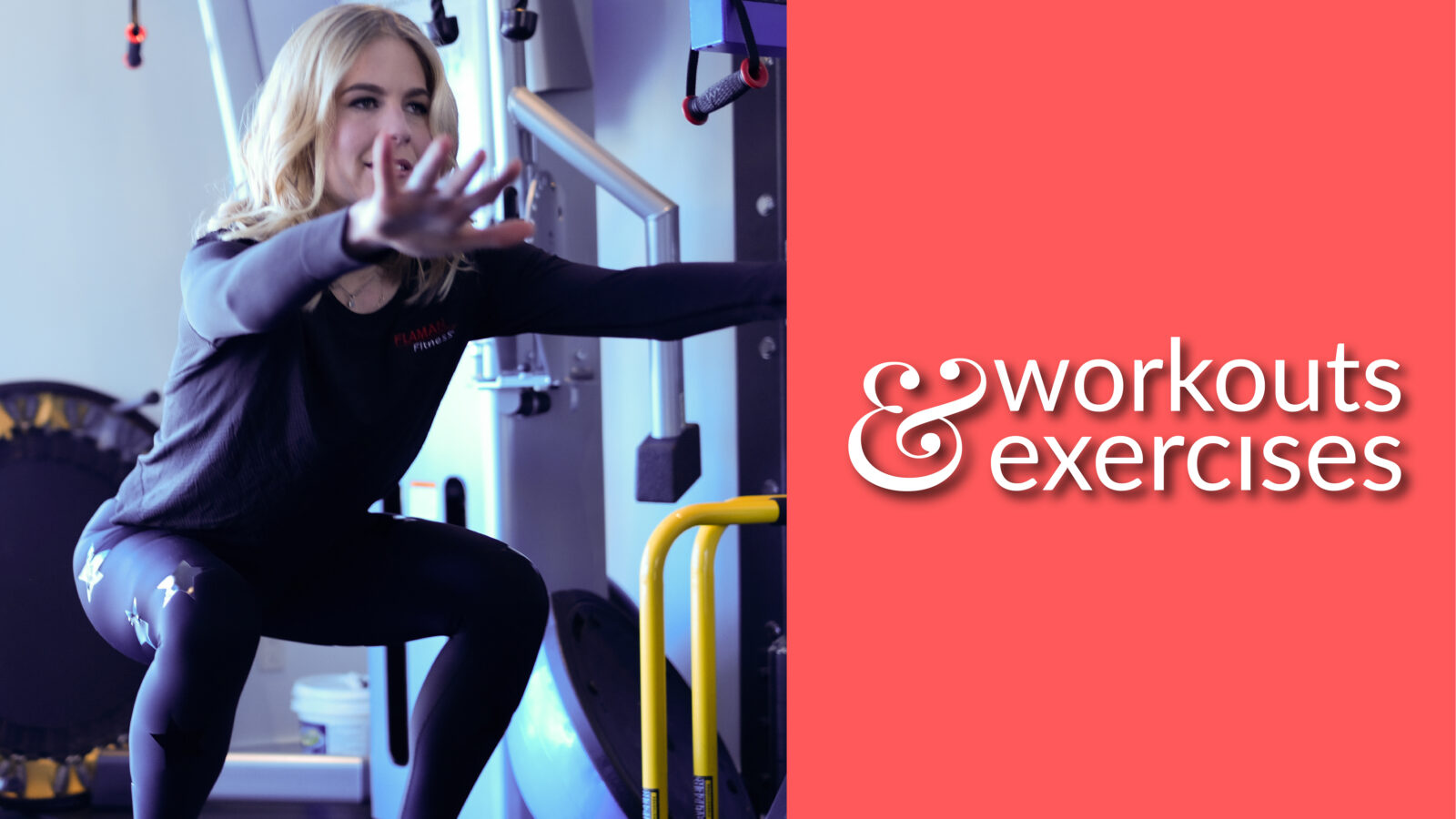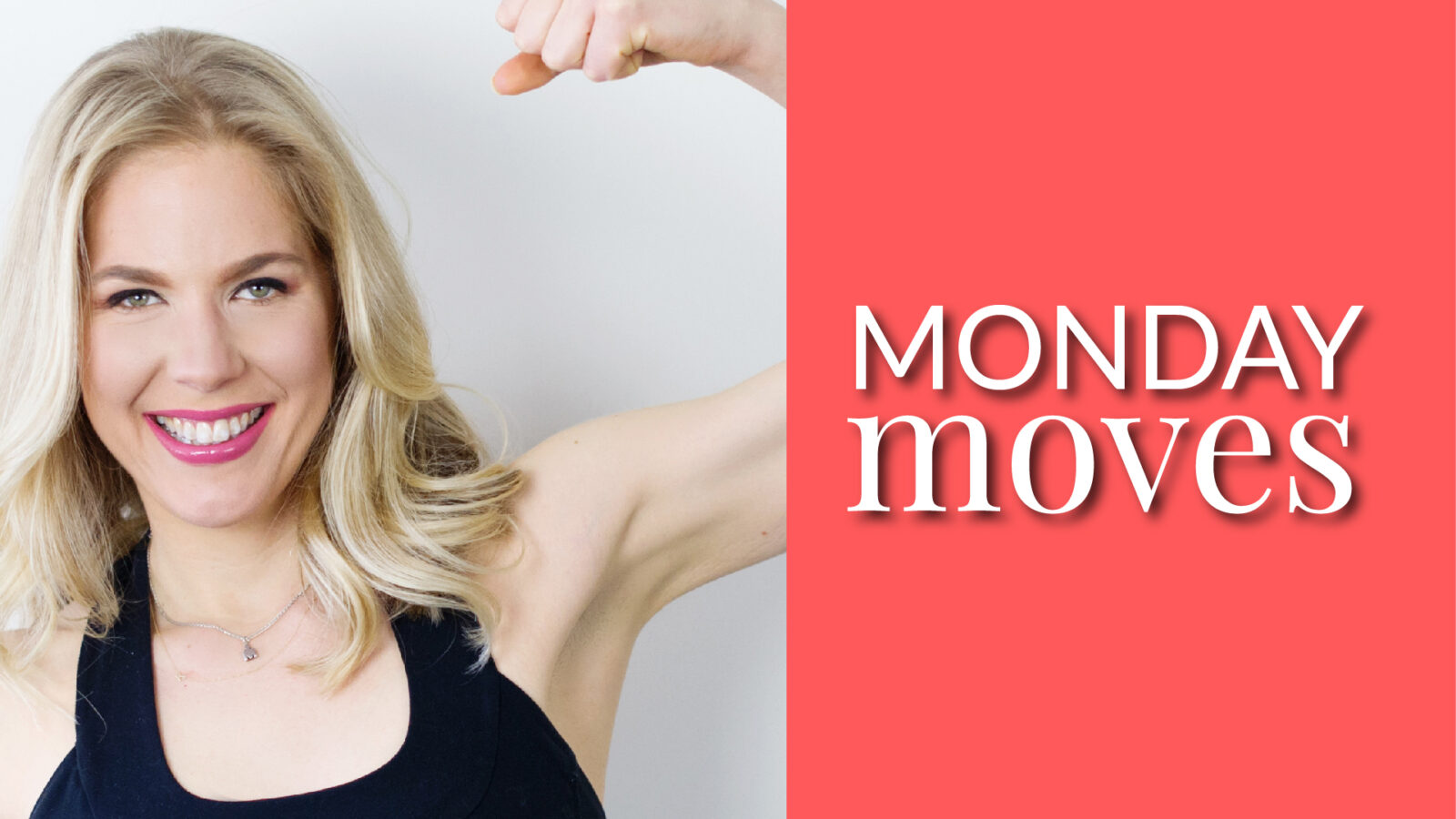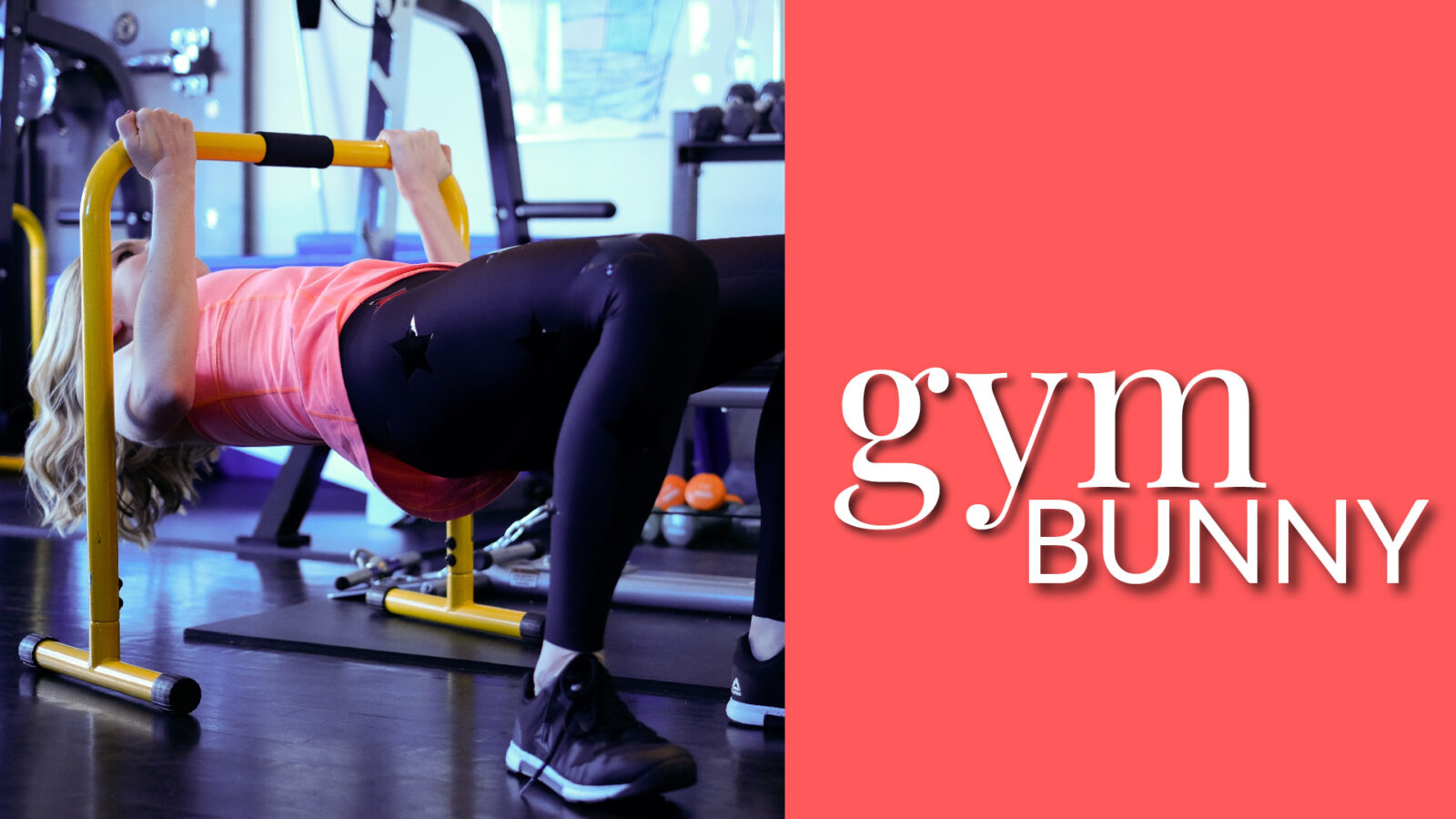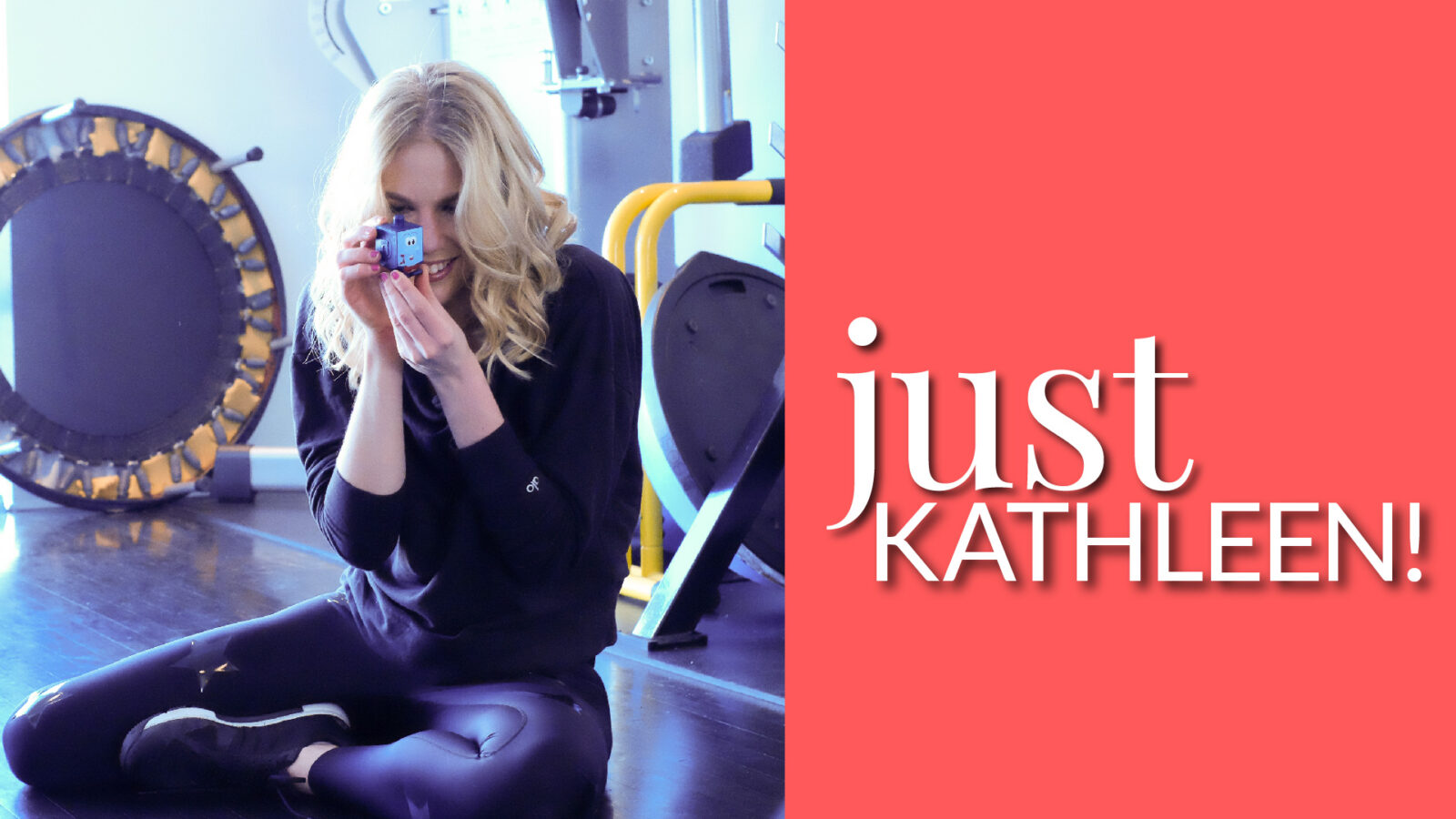Anything You Want: 40 Lessons for a New Kind of Entrepreneur (and Derek Sivers on the Tim Ferriss Podcast) by Derek Sivers
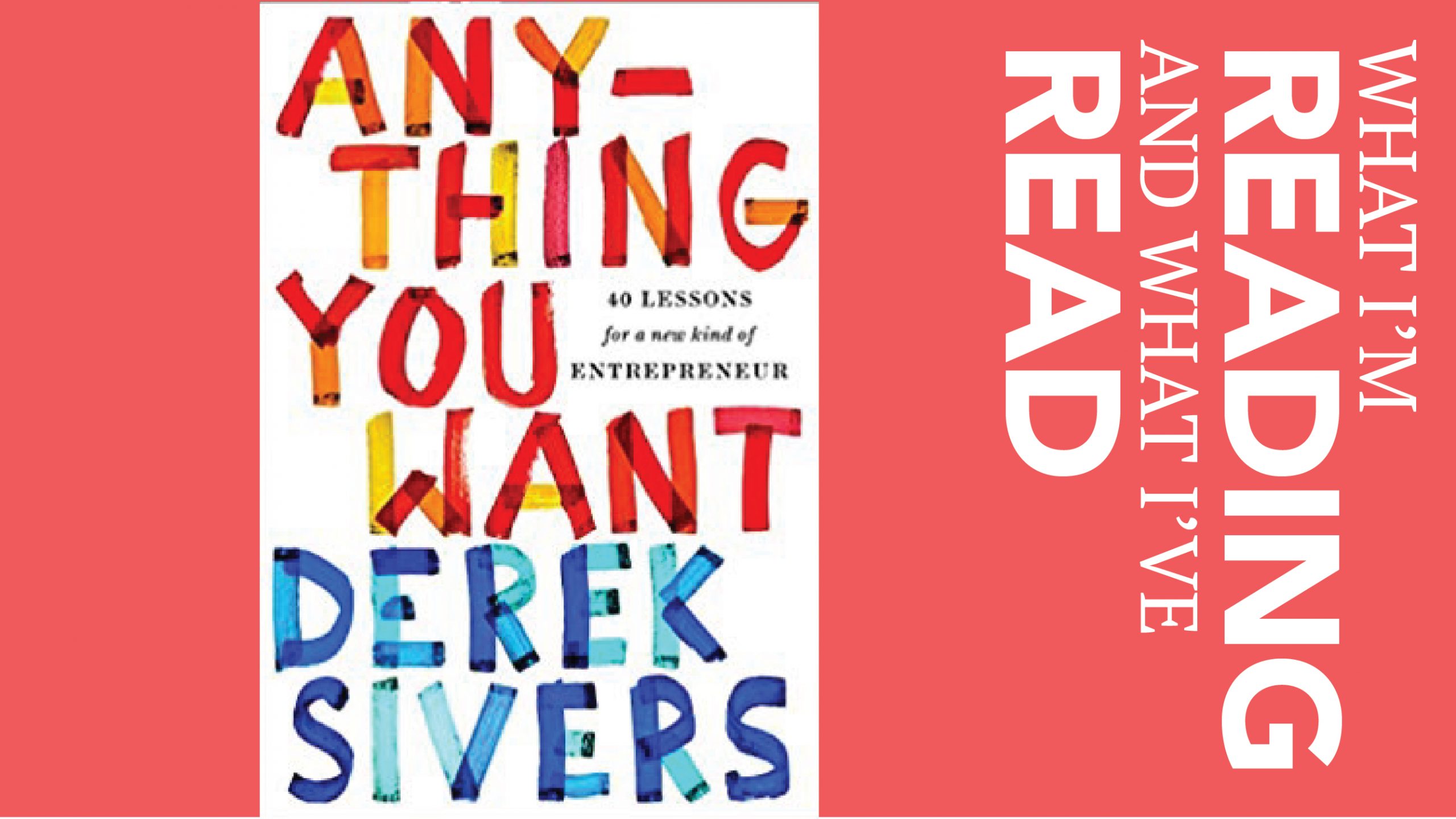
Derek had me with the statement “books are my mentors.” I was like, “YES … I like this guy.” (And, let’s be honest, it didn’t hurt that I approved of his “mentors”; he didn’t confess to being mentored by authors who are racist bigots or anything.) I laughed out loud a few times — who doesn’t love a good belly laugh? — and generally found his opinions intelligent and intriguing. So, I decided to “read” (i.e., listen to) his book Anything You Want: 40 Lessons for a New Kind of Entrepreneur. To paraphrase his description, the text is 10 years of business experience synthesized into a quick read or an hour-long audio experience.
I think Derek undersold it — or at least unidimensionally sold it. Yes, the book outlines the story of how he built and then sold his online CD business (CD Baby) for something like 20 million dollars, but it is much more than a “business book.” Think a “self-development” meets “how to live a successful and happy life” book.
Now, this description might reflect my biased lens. I tend to read all information as possible “how to live a successful and happy life” insights — I am always mining for “self-development” gems. That said, with business books and business biographies, I never feel I have to mine too deep. The behavioural and psychological habits and mindset strategies needed to “adopt a healthier lifestyle” and “create a successful business” are grounded in similar themes and principles. Two linchpin components are building productive, meaningful, and positive relationships and staying motivated, persistent, and growth-oriented. If you can’t stay motivated — stay connected to your “why” — you won’t stay on your health horse or persist with your business. (Believe me, being an entrepreneur and sticking to healthy habits both take persistence.) If you don’t know how to build productive and positive relationships with yourself and/or your employees/employers/customers/etc., you will not be able to consistently over the long-term connect the dots between knowing what to do and actually doing it.
Think of “adopting a healthy lifestyle” as analogous to “building a successful internal business.”
A few of my favourite “Derekisms” (particularly relevant to the sphere of health)
Derrick suggests considering any invitation that is not a “hell yes” to be a “hell no.” This advice is analogous to my “love it” food rule. Too many of us say “yes” to food that we don’t even want — we mindlessly snack while we are cooking, scarf food off of a coworker’s desk, eat while watching TV, etc. Yes, life is worth living. Have moderate portions of food you LOVE, but stop mindlessly snacking on crap you don’t love. If your reaction to the food is not a “hell yes” then the answer to the “should I indulge?” question is “hell NO.” The added benefit is that, in order for an answer to be “hell yes,” you have to be aware enough to know what is going in your mouth.
- On a connected note, don’t miss your workout for just anything. Sure, take the opportunity for a recovery day if your child has an important sporting event or you have a family function (or better yet, reschedule the workout to a different time on the same day), but don’t allow just any old thing to come between you and your daily motion. Make sure the reason you miss a workout is a “HELL YES … I NEED to be there” reason!!
- Derek says you can’t please everyone, so “PROUDLY exclude” trying to please people you don’t respect. Connected to health and fitness this translates into “you can’t please everyone, you can’t say yes to everything, you can’t make everything a priority, you can’t say yes to EVERY invitation, SO PROUDLY (most of the time) put your health first and embrace JOMO (the joy of missing out).” Put yourself first. Respect yourself enough to say, “No thank you …. Can’t do that.”
- I LOVE Derek’s explanation of why a “good idea” is not enough. He understands an “idea” (or any knowledge) as merely a multiplier. Without execution — follow-through — a good idea or knowledge is worthless. A GREAT idea with poor or no execution will get fewer results than a moderate idea with excellent execution.
- In relation to your health, this means you need to stop looking for the “best” program and start looking for what you can do CONSISTENTLY. Sure, running might be an amazing workout, but if you will never do it (or it always injures you), the results will be null. Much of the health discourse is selling products and books — which is analogous to “knowledge” or “an idea.” This knowledge is useless without consistent follow-through. The truth is, most of us know at least roughly what to do. We know to avoid fast food and eat vegetables, but knowing and doing are two very different things. The trick is to put together a PLAN that will allow you to consistently execute your health knowledge. Start with the basics — the “Captain Obvious” health habits: avoiding processed foods, eating vegetables, stopping eating when full, getting enough sleep, etc.
- Derek states that NO business plan ever goes exactly as planned. Know that deviations are an inherent part of life and thus have MULTIPLE back up plans. The same goes for your health. You will fall off of your health horse; wobbles should be expected — we are all human. You will miss a few workouts or eat a few too many cookies. The trick is not to shame spiral when you do — don’t let two cookies turn into five cookies. Course correct quickly; be flexible and have MANY contingency plans so you can figure out an alternative healthy meal or workout when plans change. Replace the unrealistic goal of “never falling” with “fall less often and less intensely, and get back up faster and armed with new information.”
- Know your WHY. Have a strong internal compass and find ways to keep this “why” centre stage. In relation to your health, this means finding ways to keep the reason why you started your health plan front and centre. Write it in a journal, on your fridge, or even in a reminder in your phone. Your “why” could be to be active for your grandkids, to be proficient at a sport, or to stay pain-free!
“In the end it is what you do not what you have.”
I love this quote because it is so true. We all get so caught up wanting the end result that we often lose sight of the enjoyment and identity-building aspects of the process. As Derek so wisely points out, you don’t run a marathon to have a taxi drive you to the finish line. You do the marathon to get better at running, to test yourself, to work on your inner willpower.
In Kathleen-speak this translates into “STOP wanting to ‘be fit’ and actually start working towards the person who ‘consistency works out.’” Embrace the process. Nothing happens overnight. You have to work NOW to create the future self you want to be.
- Finally, yes, growing a business — and adopting a healthier lifestyle — requires persistence BUT persistence is not the act of “going and going until you crash.” If something is not working, STOP and find another way. Derek defines persistence as “persistently being dedicated to investigating, inventing, and improving.” In a nutshell, have a growth mindset. Don’t dig deep just to dig deep. DIG SMART. Learn from your past experiences. Be curious about what might work for you. If something has not worked for you, let GO. Just because it worked for your sister or favourite celebrity does not mean it will work for you.
Do you. Be you. Know what activity you enjoy and do that. Know what activates — such as overeating — make you feel like crap and STOP doing them. Find motion that you love — or at least motion that will help you become strong enough to do something you love. Do that. Respect your body enough to fuel it well, to sleep, and to move.

